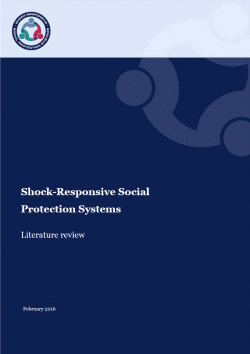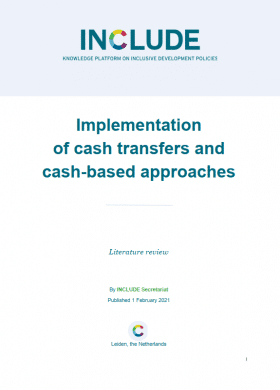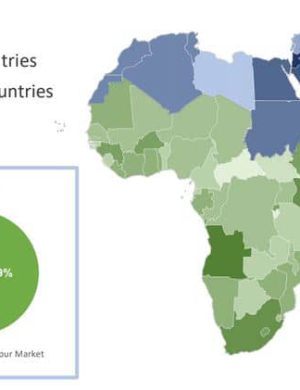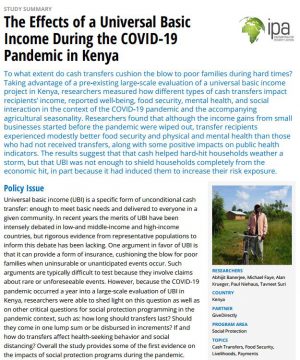
A study by the Maintains research programme
Almost all countries have adapted their social protection systems to support households and to mitigate the economic impact of the COVID-19 pandemic. The responses have differed widely and included both the development of new social protection programmes, as well as the expansion and adaptation of existing programmes.
A research project by Maintains examines how the social protection programmes, processes, and delivery systems in six developing countries have been used to respond to the COVID-19 crisis, and to understand the factors that have enabled successful responses, as well as the factors that have constrained them. The study aims to identify policy recommendations to inform and influence investments in social protection systems to prepare for future shocks.
Here, we present the findings from the four case studies carried out in the Africa region – Ethiopia, Kenya, Sierra Leone, and Uganda. The studies all seek to answer the following questions:
- How did the social protection system respond to the pandemic?
- How well designed were these responses in mitigating the impact of the pandemic?
- How effective was the delivery of the response in practice?
- Which preparedness actions would lead toward a shock-responsive social protection system?
About the research program
3 main research objectives:
- Document the social protection responses in all six Maintains countries, particularly the use of social protection delivery mechanisms and information systems.
- 2. Assess the social protection responses in these six countries in terms of their adequacy, coverage, comprehensiveness, and timeliness.
- 3. Provide recommendations for future responses and investments in shock-responsive social protection systems.
3 dimensions for analysis:
- Response type: this includes strategies to minimise disruptions to routine service delivery; adaptations to address new vulnerabilities arising from the crisis through vertical and/or horizontal expansion or new programmes; and humanitarian assistance that leverages on or aligns with the social protection system.
- Policies and operational procedures: this focuses on how the response was operationalised, including how the policies, systems, and operational procedures used along the delivery chain were developed and/or adjusted.
- Outcomes: this is an assessment of the outcomes of each social protection response in terms of adequacy, coverage, comprehensiveness, timeliness, and long-term implications.
Information for the first two dimensions was gathered through a literature review of key documentation and a series of key informant interviews with stakeholders involved in the response. Information for the third dimension used microsimulations based on a partial-equilibrium modelling framework to simulate the impact of the pandemic on poverty and inequality, as well as the mitigating effect of the social protection responses. The researchers conducted this simulation for Sierra Leone, and drew on existing simulations for Ethiopia, Kenya, and Uganda.
Ethiopia
The following brief contains summarised findings from the Ethiopia case study, which was prepared by Maintains with support from the Building Resilience in Ethiopia (BRE) programme.
Kenya
The following brief contains summarised findings from the Kenya case study.
Sierra Leone
The following brief contains summarised findings from the Sierra Leone case study.
Uganda
The following brief contains summarised findings from the Uganda case study.






